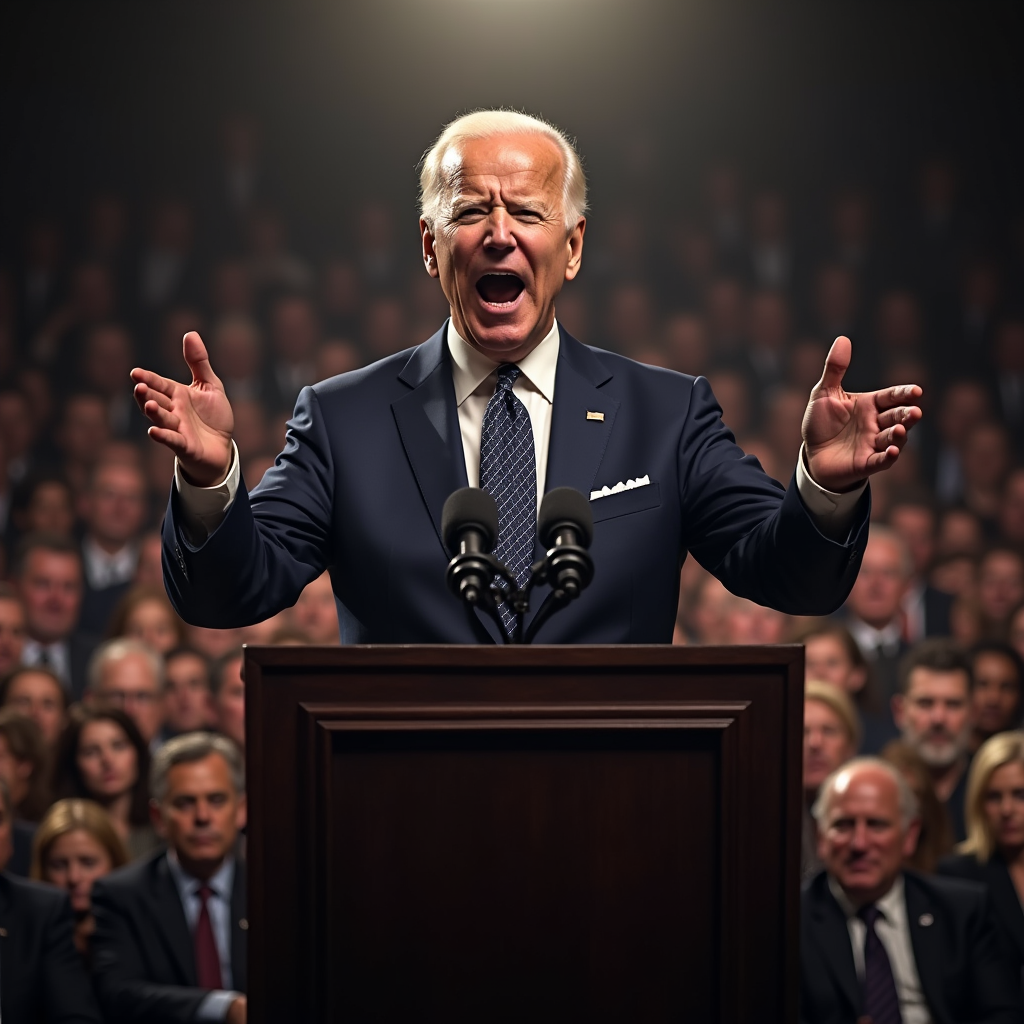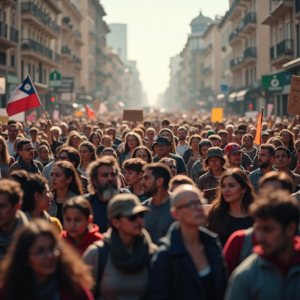In a historic move, President Biden has posthumously pardoned the influential but divisive civil rights leader Marcus Garvey, whose powerful message of Black pride and self-determination inspired generations but also drew intense scrutiny from authorities.

A Pardoned Racial Pride Pioneer
Marcus Garvey, the Jamaican-born Black nationalist leader, has finally received a long-awaited presidential pardon from Joe Biden, nearly a century after his controversial 1923 conviction for mail fraud. Garvey’s powerful rhetoric and advocacy for Black self-reliance made him a pivotal but polarizing figure, influencing civil rights icons like Martin Luther King Jr. while also drawing the ire of the government, which sought to silence his increasingly popular voice.
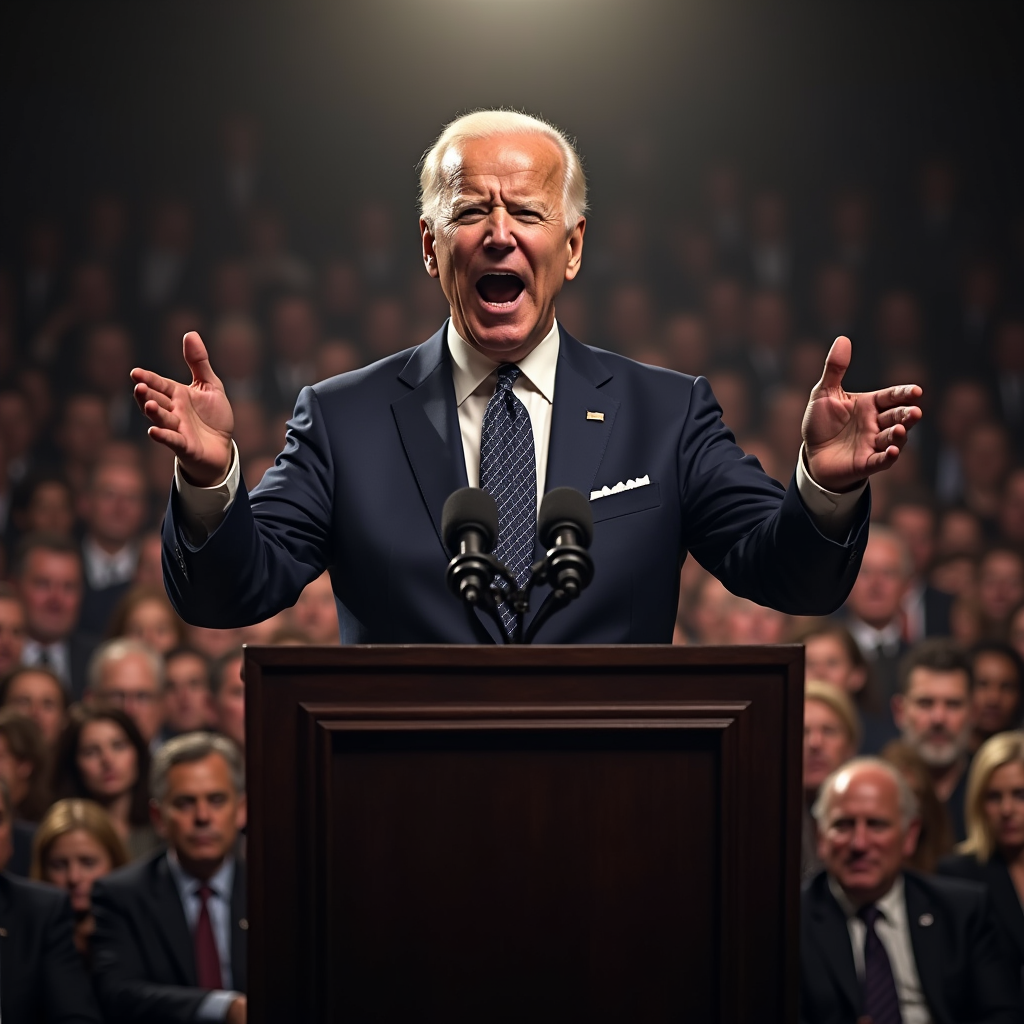
The Silencing of a Black Nationalist Voice
Garvey’s conviction was widely seen as a politically motivated effort to undermine his growing Black nationalist movement. After being found guilty, he was deported back to Jamaica and his once-formidable organization began to crumble. For decades, Garvey’s supporters argued that the charges against him were merely a pretext to suppress his calls for racial pride and economic empowerment that resonated deeply with millions of Black Americans.

Garvey’s Lasting Impact on Civil Rights Leaders
Despite his legal troubles and eventual deportation, Garvey’s influence only grew over time. The Reverend Martin Luther King Jr. praised him as ‘the first man on a mass scale and level to give millions of Negroes a sense of dignity and destiny.’ Malcolm X and other prominent activists also drew inspiration from Garvey’s unapologetic advocacy of Black self-determination and economic independence.
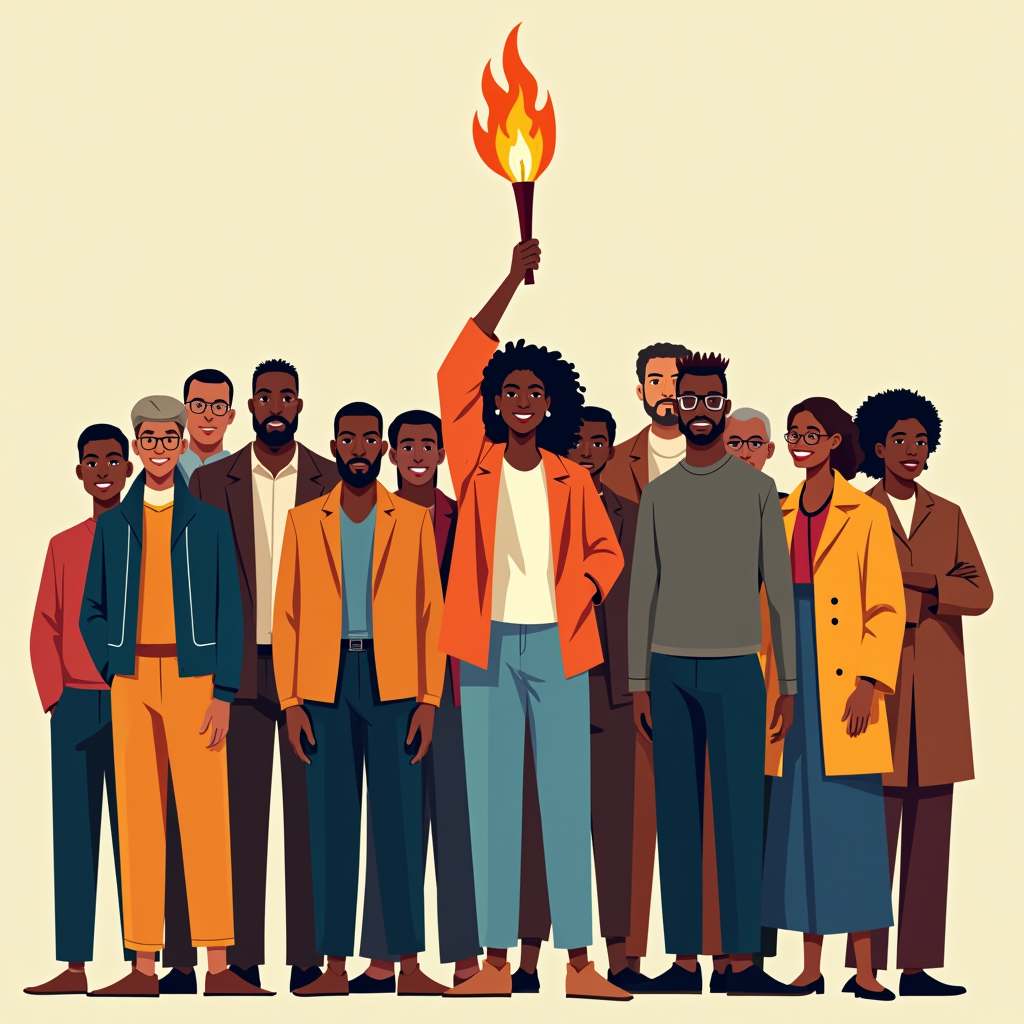
Redemption and Dignity Restored?
For Garvey’s supporters, Biden’s posthumous pardon represents a long-overdue recognition of his pioneering role and an attempt to restore dignity to a man whose conviction was rooted in injustice. But the pardon also raises deeper questions about the many other Black activists and leaders who faced similar persecution and whose stories remain untold or unresolved.

Biden’s Record-Breaking Clemency Push
The Garvey pardon is part of Biden’s broader clemency efforts in his final days in office. He has issued more individual pardons and commutations than any other president, commuting the sentences of nearly 2,500 people convicted of non-violent drug offenses. Biden has framed these acts as a means to address longstanding racial disparities in the criminal justice system.
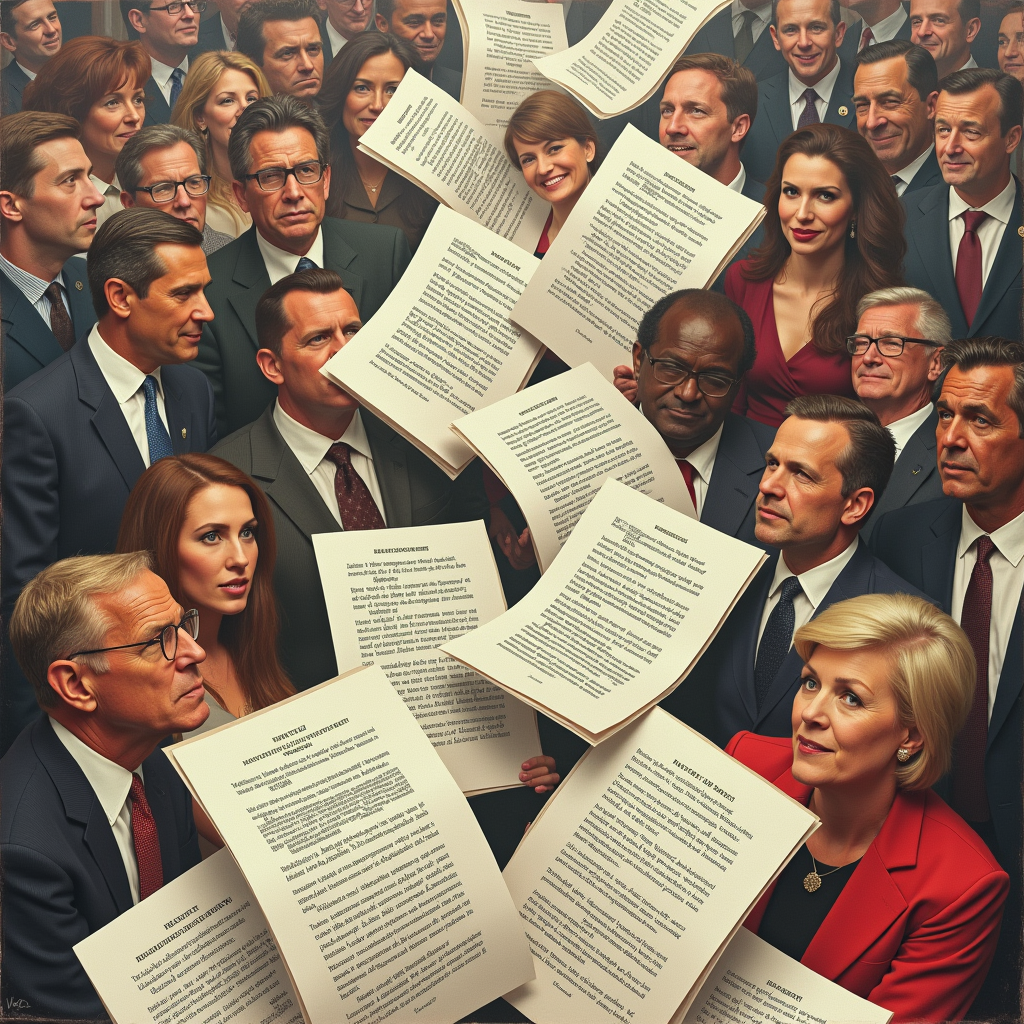
But What About Those Still Imprisoned?
While Biden’s clemency actions have been celebrated by many, critics argue that they do not go far enough in addressing the systemic issues that have led to mass incarceration, particularly among minority communities. As the president prepares to leave office, the question remains: what will be done for those still languishing behind bars, victims of the same unjust laws and practices that once ensnared figures like Marcus Garvey?
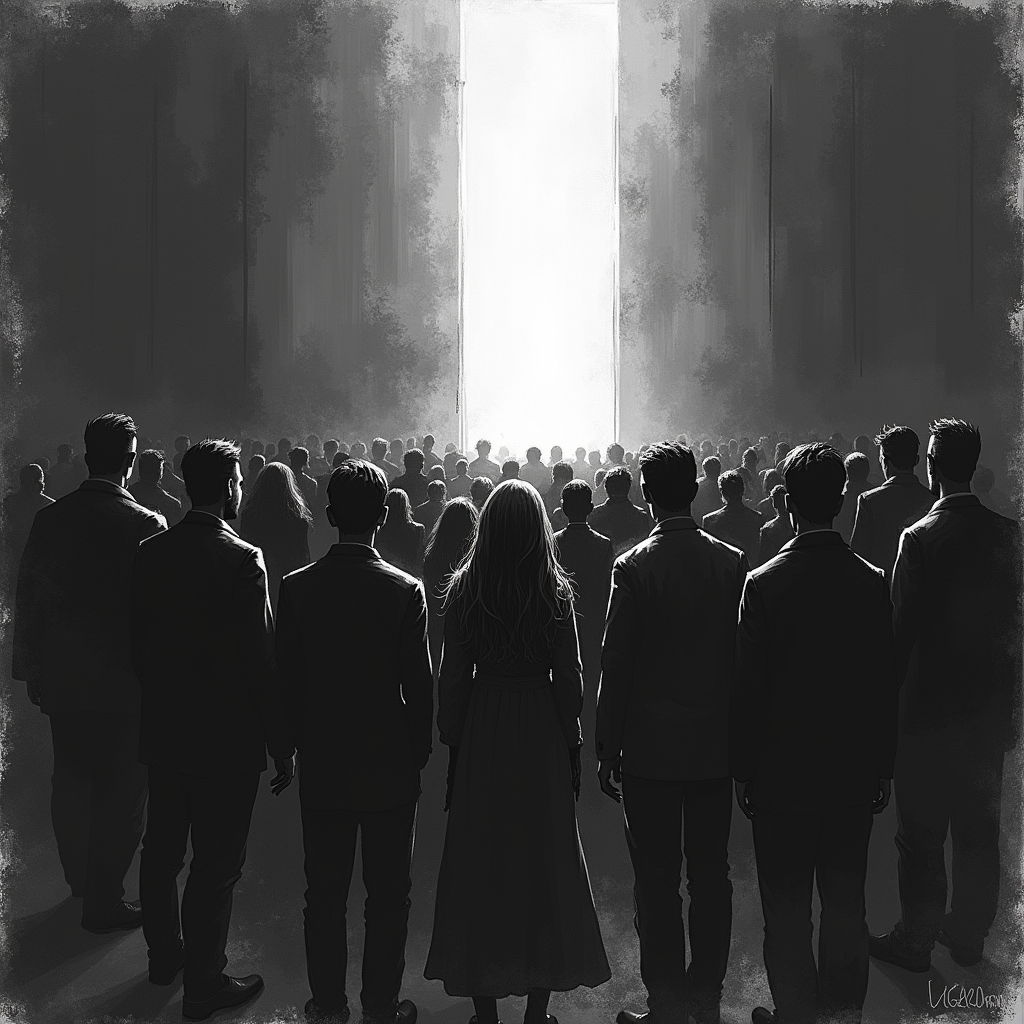
Scroll Further for Profound Insights…
The story of Marcus Garvey’s pardon is a complex one, intertwined with issues of race, justice, and the ongoing struggle for equality. As you continue reading, you’ll uncover deeper insights into Garvey’s legacy, the significance of Biden’s actions, and the work that still lies ahead in the pursuit of a truly just society.


